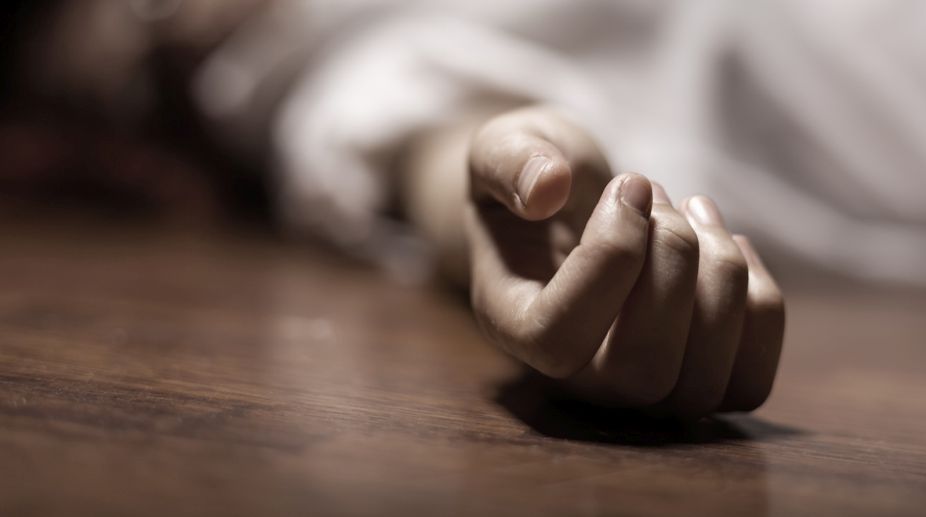An increase in the rate of suicides among medical professionals, students and doctors, has come to the fore in a survey.
In India, about 37.8% suicides happen in the 15 to 29 age group and 51% of these are committed by students and young professionals.
Advertisement
Long working hours, taxing medical training, violence against doctors and stress of saving lives, are some major factors that may add to doctors woes.
In a recent incident, a 26-year-old lady doctor from Jamshedpur, Jharkhand, who had come to Kochi to attend a conference of dermatologists, was found dead in a hotel room. The police found a suicide note from the room in which she cited her battle with depression as the reason for the extreme step. Identified as Mamta Rai, the girl was a former student of AIIMS and was working there.
Estimates indicate there has been an increase in the rate of suicides among medical professionals (students and doctors).
In a study conducted in 1996, and again in 2005, it was found that the rate of committing suicide is more likely in female physicians than males. Additionally, doctors are about 1.87 times as likely to commit suicide than those in other areas of work.
Speaking about this, Padma Shri awardee K K Aggarwal, president Heart Care Foundation of India (HCFI) and immediate past national president Indian Medical Association (IMA), said, “Physician suicide is a public health crisis and needs to be tackled before it is too late. It is a well-known fact that doctors often do shifts that sometimes last 24 hours without any break or time to eat in between.”
Practicing physicians and medical students sometimes must bear punishing workloads.They may also end up taking the blame if something goes wrong or even become frustrated with the changing work culture.
Medical students often suffer from depression, said Dr Aggarwal. Their training is extremely taxing and can take a toll on their mental and physical health, he added.
A student may have been a topper in school, but things change when they enter medical college, he said.
Not being able to score as well can also lead to depression after a point. It is estimated that about 15% to 30% of medical students and residents suffer from depression.
Medical professionals are also not very comfortable seeking help for the fear of losing licences or simply because of the feeling that patients may not trust them with their life.











